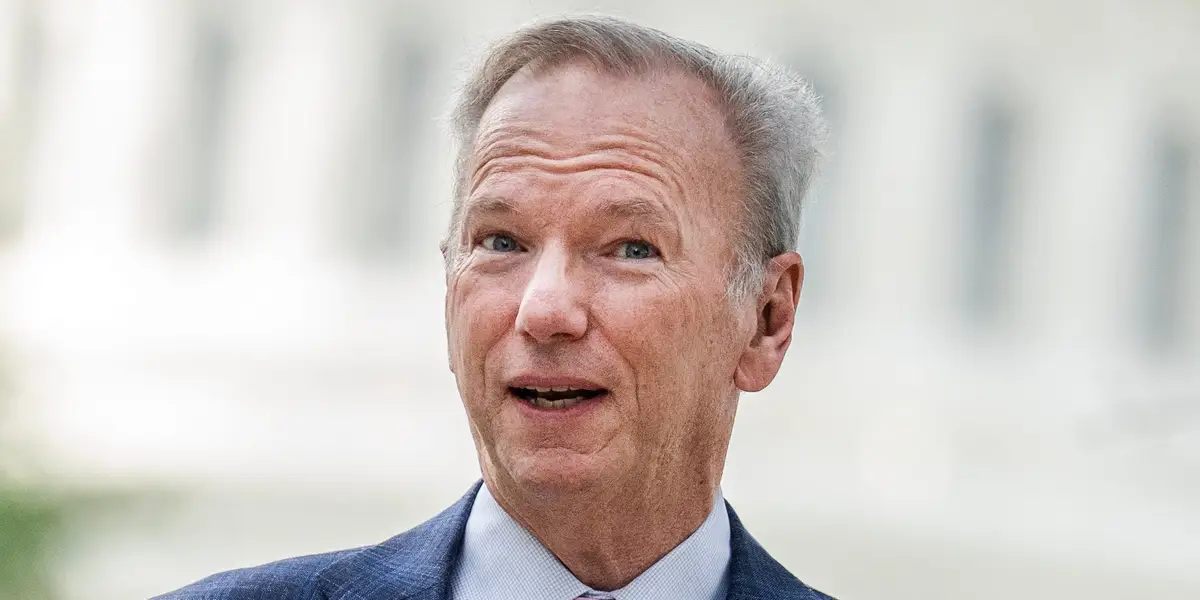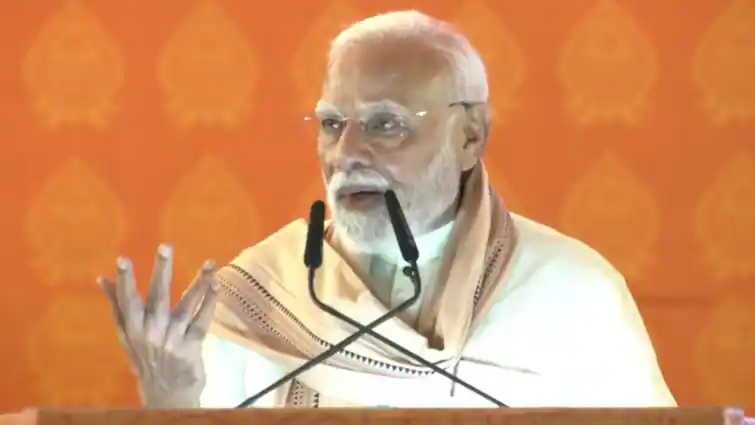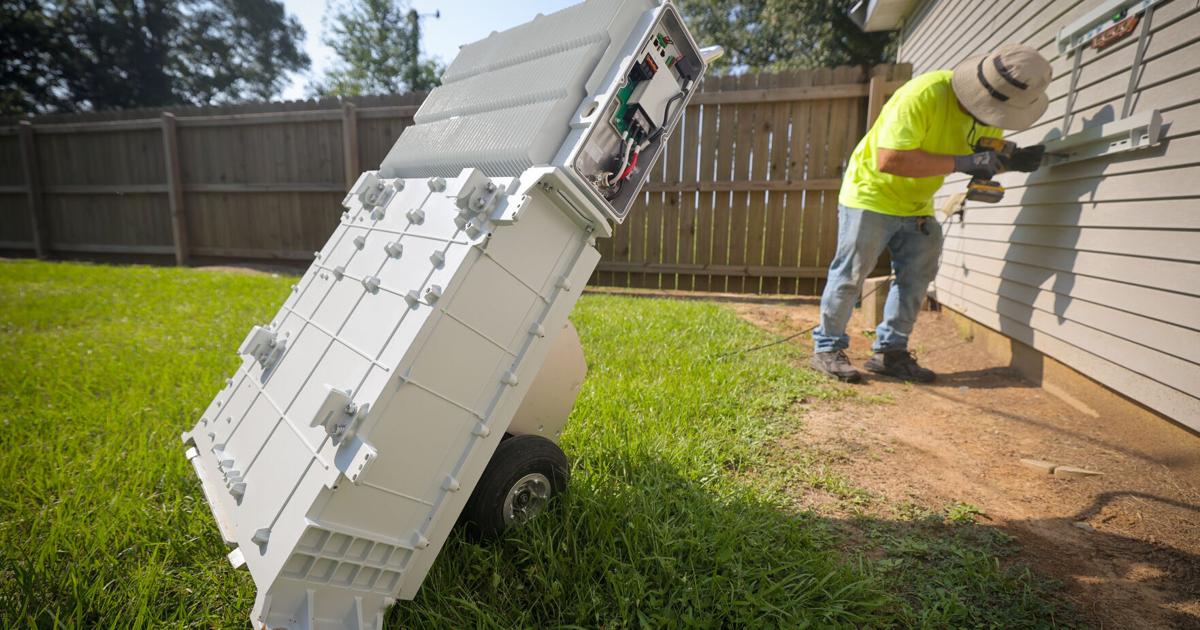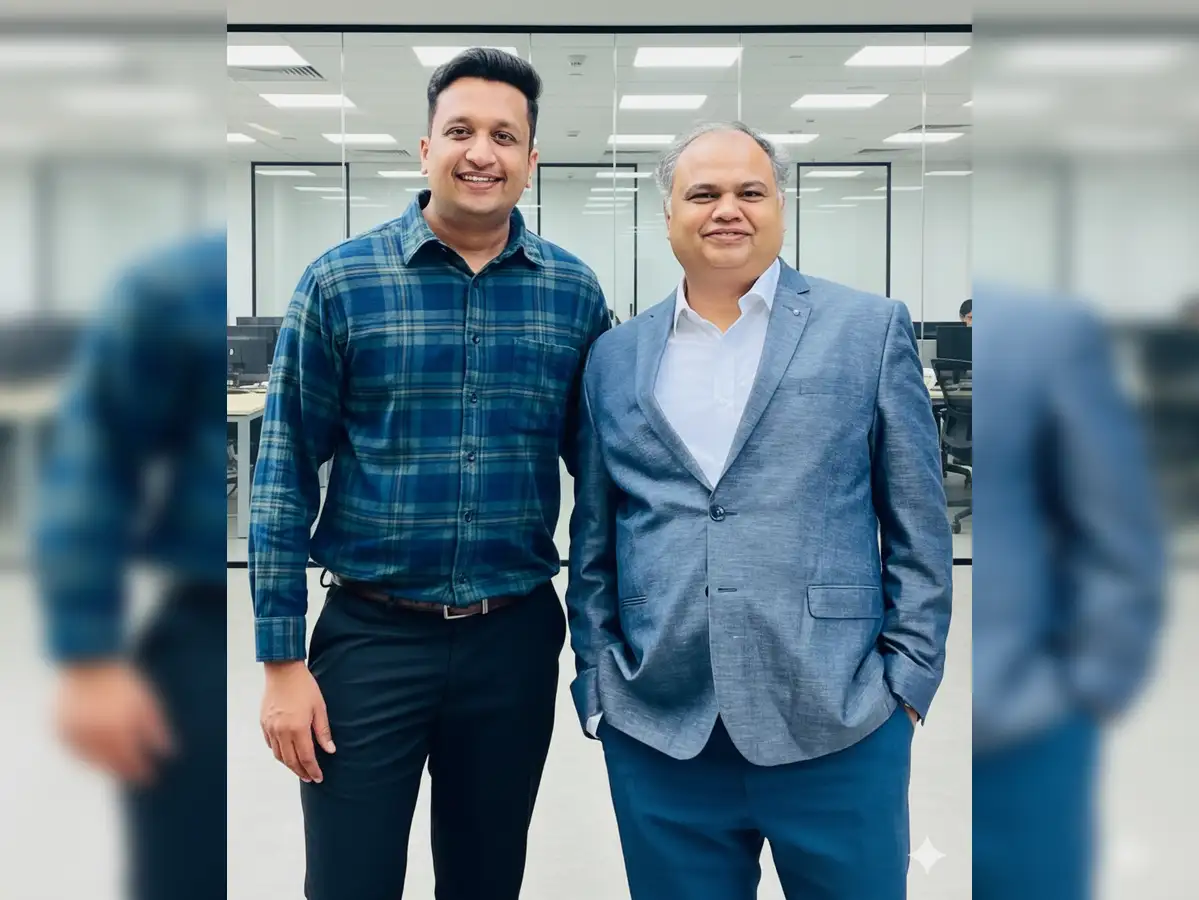
Eric Schmidt says the US shouldn’t fear its chaotic style of innovation — it should lean into it.
The former Google CEO said at the All-In Summit this month that America’s noisy, unpredictable system of venture capital, universities, and entrepreneurs is precisely what gives it an edge in the global AI race.
“We’re chaotic, confusing, loud, you know, but we’re clever,” Schmidt said in a discussion posted Thursday on the “All-In Podcast” YouTube channel.
“We allocate capital smartly. We have very deep financial markets. We have this enormous industrial base of universities and entrepreneurs,” he added.
Schmidt, who took over as Google’s CEO in the midst of the dot-com bubble burst, said Europe and Asia are “envious” of the US system and urged America to embrace its strengths.
“We should celebrate this. We should stoke it. We should make it go faster and faster,” he added.
Schmidt’s comments on the US came as he discussed how China’s work ethic and focus on consumer apps could make it competitive in the AI race.
He warned that China’s embrace of open-weight AI models could give its systems more global reach, likening the strategy to a new “Belt and Road” for technology.
“I’d much rather have the proliferation of large language models and that learning be done based on Western values,” Schmidt said. While the US pursues artificial general intelligence, it also needs to compete with the Chinese in “day-to-day stuff,” he added.
Schmidt did not respond to a request for comment from Business Insider.
US-China AI race
The US has been focusing on staying ahead in the AI race with China.
Related stories
Business Insider tells the innovative stories you want to know
Business Insider tells the innovative stories you want to know
In July, the Trump administration unveiled its “AI Action Plan” and said the US “needs to ensure America has leading open models founded on American values” because they could become global standards in business and academic research.
Analysts told Business Insider in a report last month that if the US doesn’t invest in the open AI race, the standards by which AI is developed will become Chinese.
OpenAI CEO Sam Altman last month announced GPT-oss, a family of large language models with “open weights,” and analysts said that could help close the gap.
Tech leaders also echoed the call for the US to do more.
“Shark Tank” star Mark Cuban said last month the US can beat China at AI if it continues “investing in research of all kinds as a country.”
“The quality and depth of the research we do in this country can help us stay ahead of China and other countries in the AI race,” Cuban told Business Insider.
Nvidia CEO Jensen Huang said in April that the US and China are neck and neck in the race for AI chip dominance and that America needs to implement energy policies that will accelerate emerging tech industries.
In January, Chinese AI startup DeepSeek shocked the world with its high-performing but relatively cheap AI models. President Donald Trump said he viewed DeepSeek’s accomplishment “as a positive, as an asset” for America.
“The release of DeepSeek, AI from a Chinese company, should be a wake-up call for our industries that we need to be laser-focused on competing to win,” Trump told GOP lawmakers in January.



